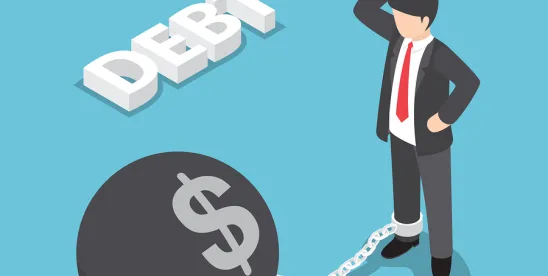In response to the COVID-19 pandemic, Sen. Sherrod Brown (D-OH) introduced Senate Bill No. 3565 entitled “Small Business and Consumer Debt Collection Emergency Relief Act of 2020” (the “Bill”), which proposes several far-reaching amendments to the Fair Debt Collections Practices Act, 15 U.S.C. 1692, et. seq. (“FDCPA”).
The Bill’s proposes several far-reaching changes to the FDCPA. It would, among other things:
-
Amend the definition of “creditor” to include (A) any person or entity who offers or extends credit creating a debt, (B) a lessor or real or personal property, and (C) a provider of utility services;
-
Amend the definition of “debt collector” to include creditors collecting their own debt and any person or entity who engages in the collection of a debt;
-
Section 3(b) of the Bill provides that, upon declaration by the President of a “major disaster” under Section 401 of the Robert T. Stafford Disaster Relief and Emergency Assistance Act (the “Stafford Act”) (42 U.S.C. 5170) or an “emergency” under Section 501 of the Stafford Act (42 U.S.C. 5191(b)), debt collectors (including creditors) shall not engage in any of the following acts with respect to consumer and small business debt:
-
Capitalize unpaid interest;
-
Increase the interest on a debt following non-payment of debt;
-
Charge a fee as the result of non-payment of debt;
-
Sue or threaten to sue as the result of non-payment of debt;
-
Continue litigation that was commenced before enactment of the law;
-
Submit a confession of judgment to any court with respect to the debt;
-
Enforce a security interest through repossession, limitation of use, or foreclosure;
-
Take or threaten to take any action to enforce collection, or any adverse for nonpayment of the debt, or for nonappearance at a hearing related to a debt;
-
Commence or continue any action to cause or seek to cause the collection of a debt through wage garnishments against the debtor;
-
Commence or continue any action to cause or seek to cause the collection of a debt through bank account levies of a consumer or small business;
-
Commence or continue an action to evict a consumer or small business from real or personal property; and
-
Disconnect or terminate utility services, including electricity, natural gas, telecommunications or broadband, water, or sewer.
-
-
The prohibitions set forth in Section 3(b) of the Bill would remain in effect for a period of 120 days after the incident that gave rise to the major disaster or emergency declaration has ended.
The FDCPA presently does not apply to small business/commercial accounts or to creditors attempting to collect their own debts. The proposed Bill would extend FDCPA protections to small businesses and would impose a blanket prohibition against all collection activities by lenders, landlords, and utility companies attempting to collect consumer and commercial debts. Concerns already have been raised that the Bill is too broad and could damage small businesses and consumers, since the Bill does not distinguish between who can collect and who cannot and does not distinguish between those persons and businesses who are able to pay and those who are not.
The Bill was referred to the Committee on Banking, Housing and Urban Affairs on March 22, 2020. No action has been published by the Committee to date. It remains to be seen whether – and in what form – the Bill will be released from the Committee to the full Senate for consideration.
The Bill represents a potentially seismic change to the commercial and consumer collections landscape.




 />i
/>i
